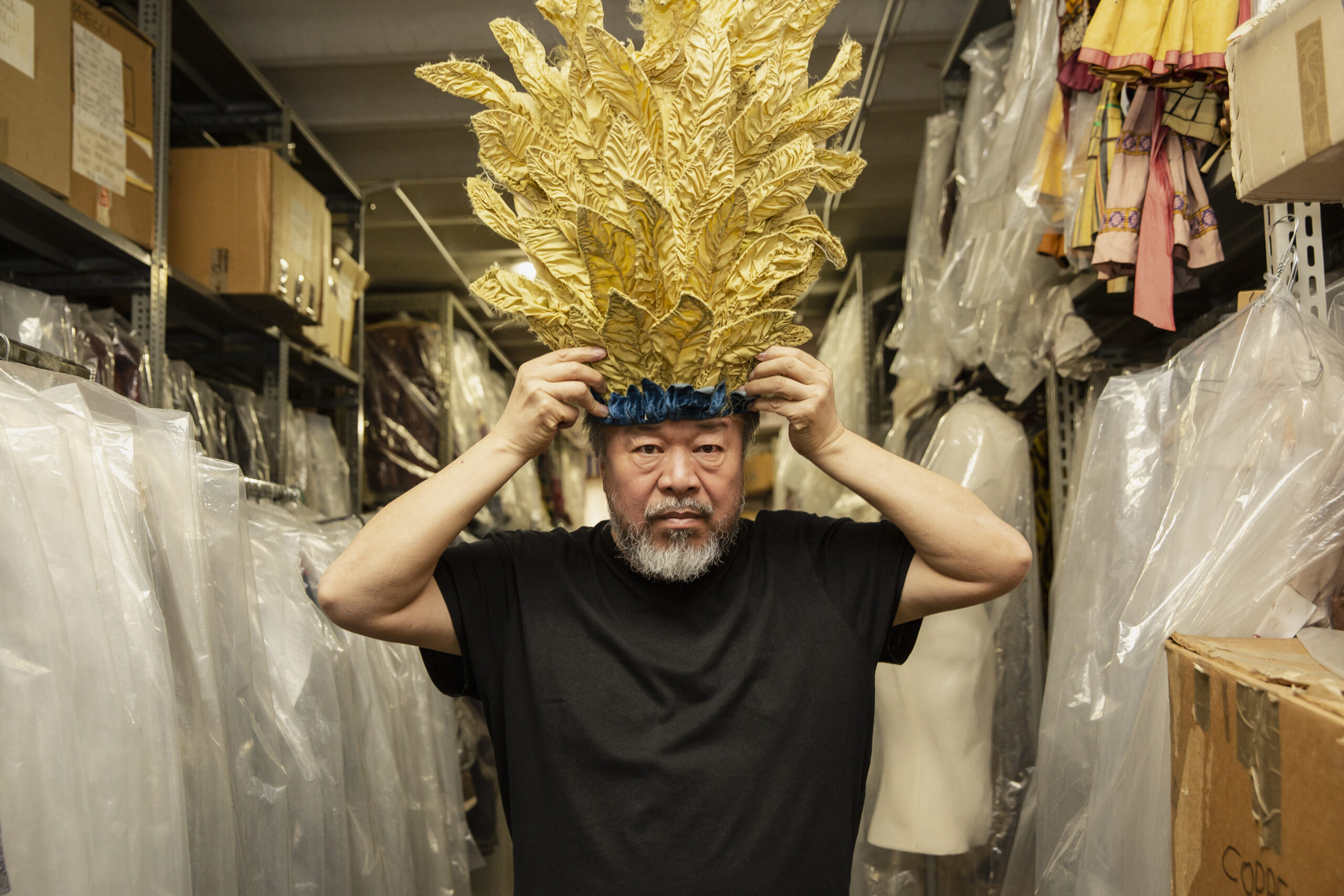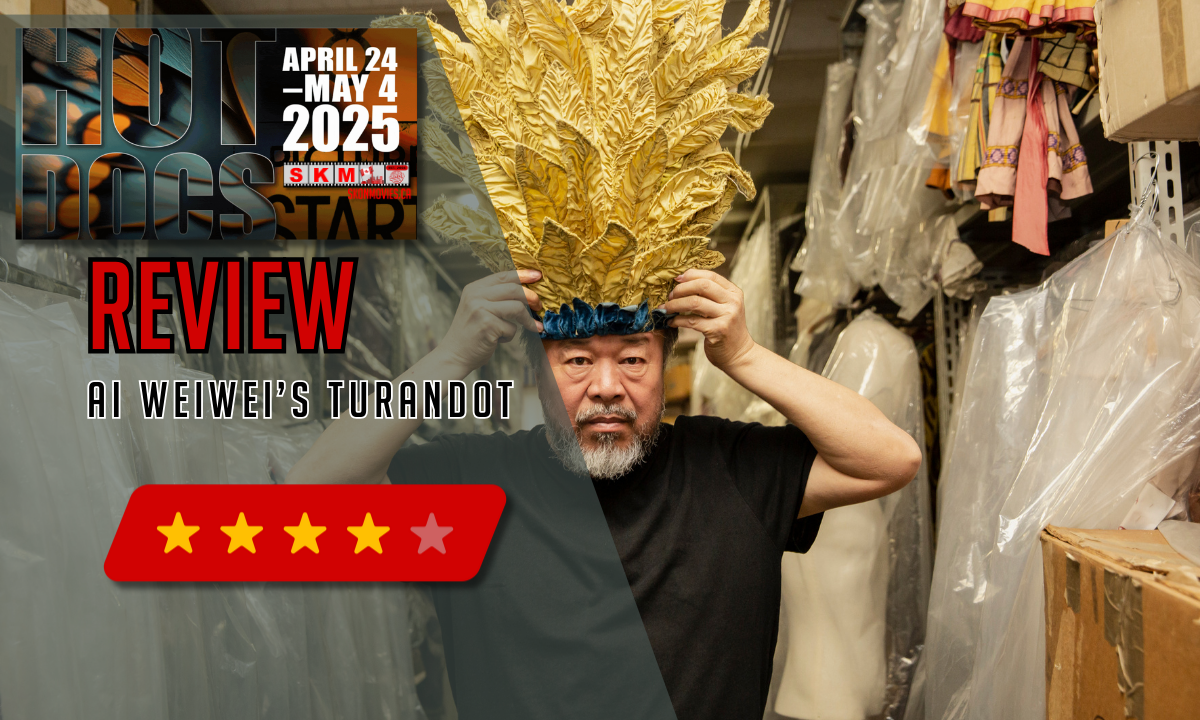Ai Weiwei’s Turandot – Hot Docs 2025
Hans Zimmer Teaches Film Scoring

April 24 to May 4, 2025
FILM FESTIVAL
Hot Docs
Hot Docs 2025
The Chinese artist and activist is asked to direct a new production of Puccini’s opera in Ai Weiwei‘s Turandot. In 2018, the Rome Opera asked Chinese artist and activist Ai Weiwei to direct a new contemporary production of Giacomo Puccini’s China-set opera Turandot. This is a full circle moment for Ai Weiwei, who once appeared as an extra in a production of Turandot choreographed by his friend Chiang Ching, who is brought on to choreograph this new production. The scope of this production changes due to the COVID-19 pandemic and the beginning of the War in Ukraine.
Ai Weiwei’s Turandot Synopsis
Ai Weiwei’s Turandot is a documentary directed by Maxim Derevianko following Chinese artist Ai Weiwei as he makes his debut as an opera director. As Puccini’s original production of Turandot featured a sketch of what the West thought of the East, Ai Weiwei recontextualizes the opera for the globalized world we live in, including staging the opera on a global map. The opera is shelved for two years due to COVID-19, and the War in Ukraine breaks out mere days after rehearsals resume, greatly affecting the Ukrainian conductor Oksana Lyniv. In response, Ai Weiwei adds videos to his production to comment on these events.

My Thoughts on Ai Weiwei’s Turandot
Ai Weiwei’s Turandot begins as a behind-the-scenes look at Ai Weiwei making his debut as an opera director, though the message of both the film and opera becomes increasingly political due to the COVID-19 pandemic and the War in Ukraine. One of the ultimate messages of Ai Weiwei’s Turandot is that art is a basic human necessity. As the film concludes with an epic performance of Turandot‘s legendary aria “Nessun dorma,” Ai Weiwei’s Turandot does a lot to prove this thesis.

